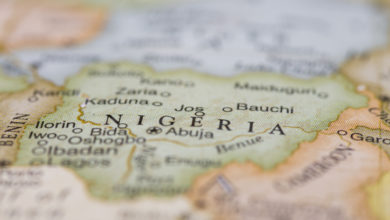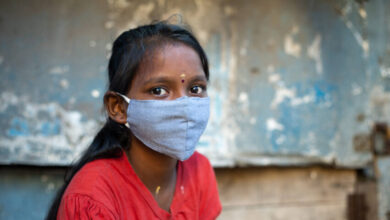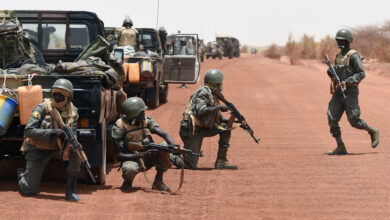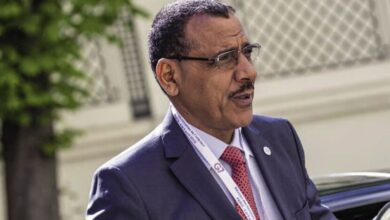Niger
Niger: Presidential Election Heads To February Runoff As No Candidate Gets Majority
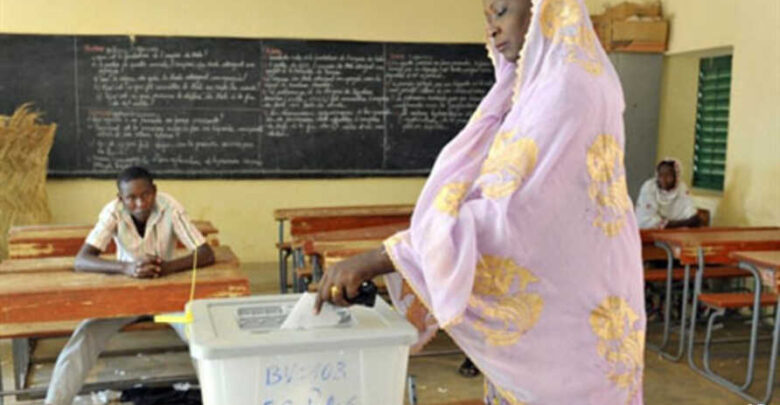
Niger’s electoral commission has confirmed that there will be a second round of voting next month as no candidate could get the needed majority for a first-round win in the December 27 vote, reported Africa News.
The total voter turnout was recorded at 69.67%, with 5.2 million voters out of 7.4 million registered voters for a population of 23 million.
According to provisional results announced by the nation’s electoral commission, former president Mohammed Bazoum came first with 39.33 percent of the vote that falls short of the 50% he needed to win the presidency outright.
He will now face a second round of election against former president Mahamane Ousmane, who came second with 16.99 percent of votes. Former prime ministers Seini Oumarou and Albade Abouba came third and fourth securing 8.95 percent and 7.07 percent of the ballots respectively.
The second round of voting is set to be held on February 21 after the constitutional court validates the results of the first round after hearing any appeals.
Niger’s President Mahamadou Issoufou has decided to step down after two five-year terms, which is expected to lead to the West African country’s first transfer of power between two democratically elected presidents. He was elected as the president in 2011 after a military coup ousted his successor, Mamadou Tandja, in February 2010.
Niger got independence from France around 60 years ago but the country’s politics has been marred by numerous coups. The country has been through four coups so far.
In recent years, Niger has witnessed deadly attacks by armed groups in neighboring countries such as Mali and Burkina Faso. Last month, 27 people died in an attack claimed by Boko Haram.
According to the United Nations, hundreds of people have lost their lives in jihadist attacks so far and over 500 000 have fled and became refugees.


